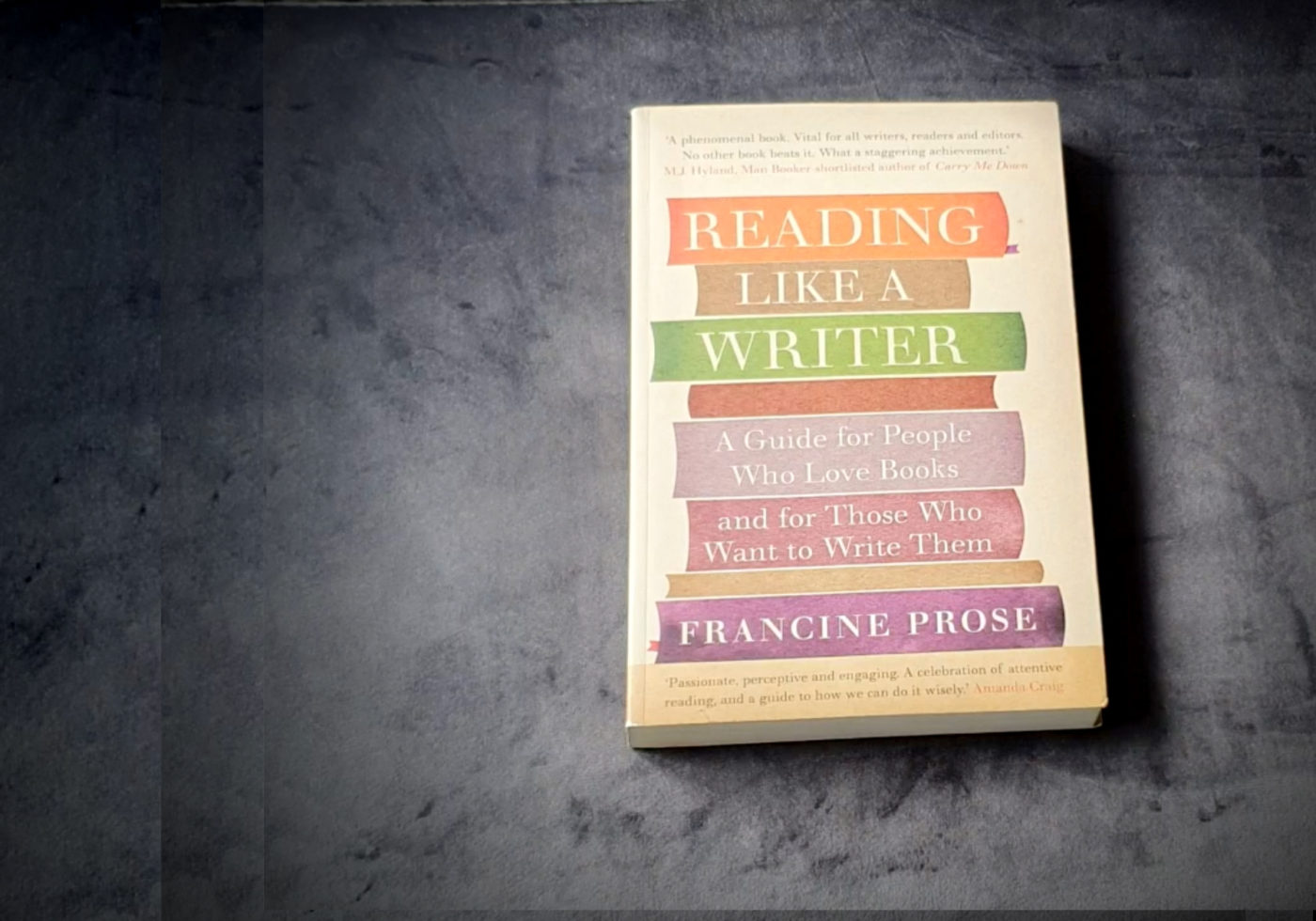When I first began writing, I thought that characters had to be larger than life and jump off the page. Despite the fact that some of the books that I’ve loved most have featured characters who are unusually quiet or have interesting inner lives, I felt that in order to capture the attention of a reader, agent or publisher, my own characters needed to be the life of the party, show-stopper, grab-the-limelight types.
The other thing that I loved to do when I first started was those character profiles, you know the ones which ask you what your character likes to eat for breakfast or what their 2nd aunt first removed is called. Over time I’ve come to realise that those are the sorts of details we know about our friends and family but not necessarily enough to know what makes someone tick. It’s far more important to understand the character’s psychology, after all, we need to inhabihttps://youtu.be/px2oG09e2rct our main characters in order to write them truthfully. The details about a character’s favourite type of cake or the bus route they usually take? That is there to ‘show not tell’ but it won’t create an inner world.
Francine Prose’s Reading Like a Writer has a whole chapter on character which I talked about in more detail last week. Here’s some other great writing books that have helped me with character development:
Big shout out to my talented friend Wiz Wharton for recommending this novel to me. I’m not going to lie, I was a little sceptical because of the gimmicky title. But boy, was I wrong! 90 Day Novel encourages free writing. I’ve always been a big fan of this technique. In its basic form, it’s writing in a stream-of-conscious style to start with. All you want to do get any ideas and thoughts onto the page, not necessarily thinking about where they fit in the story or even how they might form a scene or a chapter. More importantly, this book encourages you to write character-based questions that get to the heart of who that character is at the start of the story and where they could end up. There’s a focus on attitudes, emotions, relationships and personality to help build a character-driven story. And not only that, I used to hate writing my first (or rather zero) draft but this increased my daily word count by thousands! Yes thousands.
- Don’t forget to subscribe to this blog to make sure you’re always the first in the know.
- I’ll be doing an exclusive first look video each week with even more tips on YouTube so do check out my channel.
- I’d love to hear what you think of these tips so say hello here or follow me on Instagram, Facebook or Twitter.







